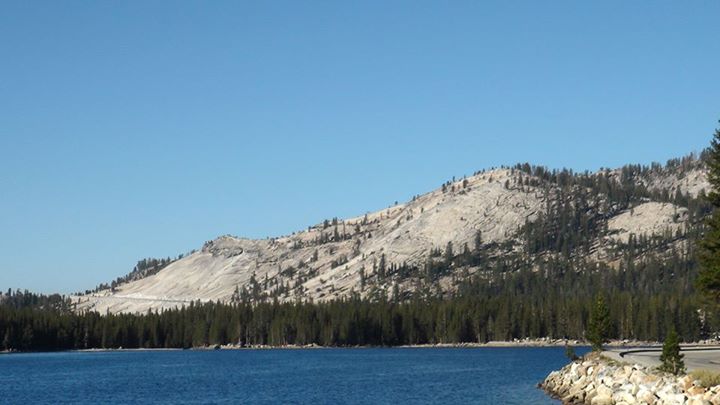
Thursday, 29 August 2013
…and that He might make known the riches of His glory on the vessels of mercy, which He had prepared beforehand for glory,… Romans 9:23
This verse contrasts what was just said in 9:22 –
“What if God, wanting to show His wrath and to make His power known, endured with much longsuffering the vessels of wrath prepared for destruction.”
It should be noted that “prepared” in 9:22 is a completely different word than in 9:23. The words are katērtismena and proētoimasen. The use of the two differing words shows us that those who were prepared for glory were placed in this category in a different manner than those who were fitted for destruction. In other words, the concept of double-predestination cannot be found in these verses. In fact, it shows that the two results came about in an entirely different way.
What needs to be remembered is where these two groups came from – the same lump (v21). The potter makes two jars. One goes to a king’s palace where it holds perfume. The other goes to a shop where it is filled with used cooking oil. The question is, does he make the two jars, deciding in advance which will be used in which location, or does he make the pots the same – one going to one location and one the other? In this instance, the use of two different words favors the latter. Both are of the same lump, but one ends in an ignoble use and will be destroyed after use. It will be taken out and tossed in the dump – it is fitted for destruction. The other ends in a noble use and so it will be kept and refilled as time goes by. Someday maybe it will be placed in a fine art museum – it is prepared for glory.
But what if both of them were bought by the same person in the king’s castle and both were used for perfume. Then both of them would have been “prepared for glory.” Albert Barnes notes the distinction between the two –
“We are here brought to a remarkable difference between God’s mode of dealing with them and with the wicked. Here it is expressly affirmed that God himself had prepared them for glory. In regard to the wicked, it is simply affirmed that they “were fitted” for destruction, without affirming anything of the agency by which it was done. That God prepares his people for glory – commences and continues the work of their redemption – is abundantly taught in the Scriptures…”
In the Bible, ever since Adam’s transgression, “destruction” is seen as the default setting for humanity. We are all “fitted” for destruction. When the change in nature occurs by accepting God’s provision (such as when the Hebrew Abraham “believed in the Lord, and He accounted it to him for righteousness” or when Guirinopolous Lanciavinius the Roman called on Jesus as Lord and believed in his heart that God raised Him from the dead) our default setting of being fitted for destruction changes to being prepared for glory.
With this in view, we can see why God would want to endure “with much longsuffering the vessels of wrath prepared for destruction.” The reason is that they can, in fact, find mercy if they pursue it. By doing so “He might makes known the riches of His glory on the vessels of mercy.”
There will be no thought of injustice when judgment comes upon the wicked because it is where all are headed. But when the jars receive God’s provision, they are filled with God’s Holy Spirit and are thus spared from what is justly due. They receive His mercy and are prepared for glory. There can be found nothing unjust in how God deals with His people because He has dealt in a completely fair manner with all of them.
Life application: Understanding that all of us are under the same sentence of condemnation can help us to see that God is completely fair in how He deals with man. We can’t blame God for giving any of us what we already deserve. However, if God bestows upon us His grace and mercy, then we can’t take any credit for that either.
Lord, Your word says that we have all sinned and fallen short of Your glory. If it were up to us, there could only be one possible destination. But in Your grace and mercy, You have offered us a pardon through the death of Your Son. Thank You for the innocent Lamb who was slain in place of my sin. Thank You for the cross of Calvary. Amen.




